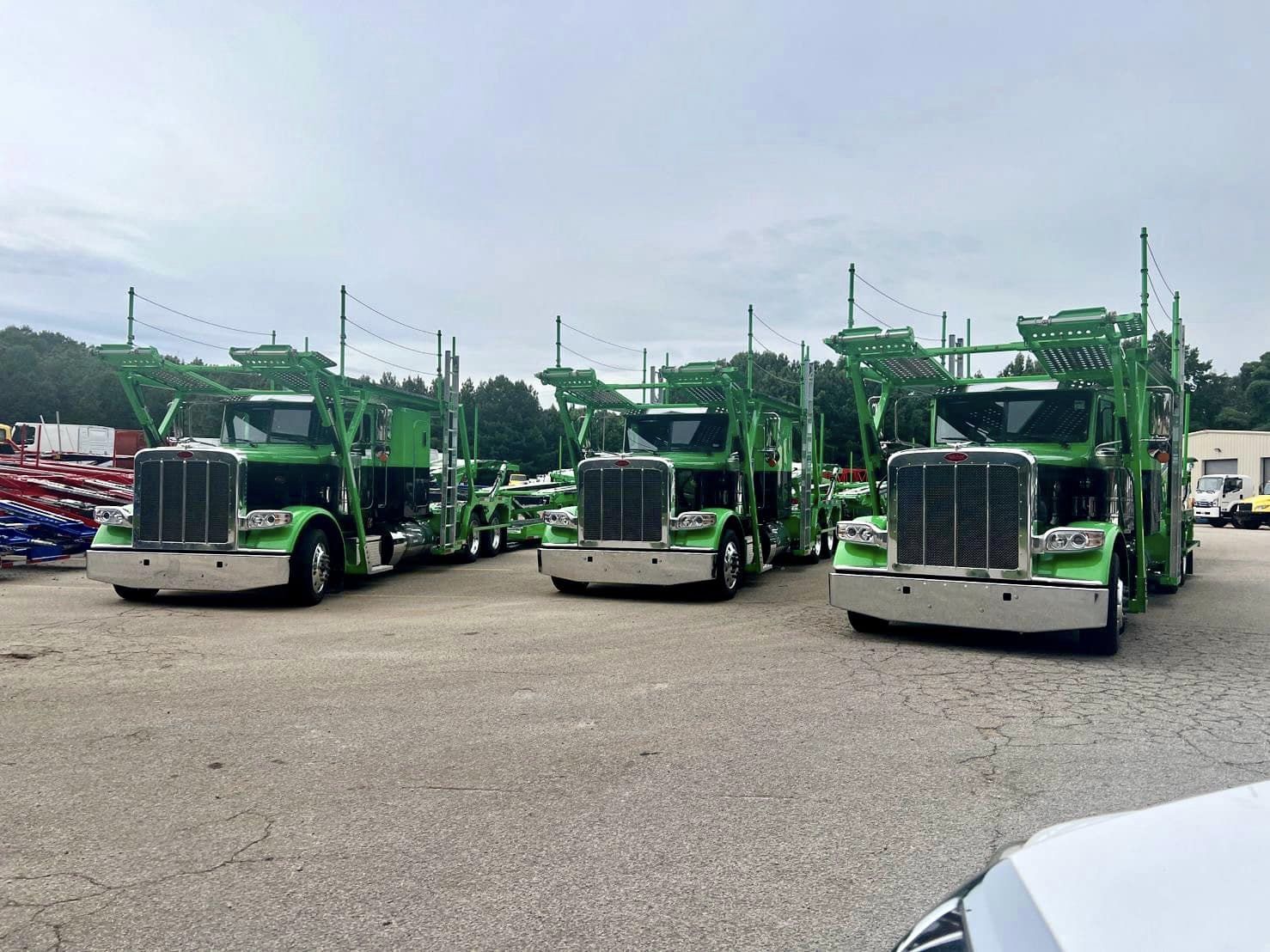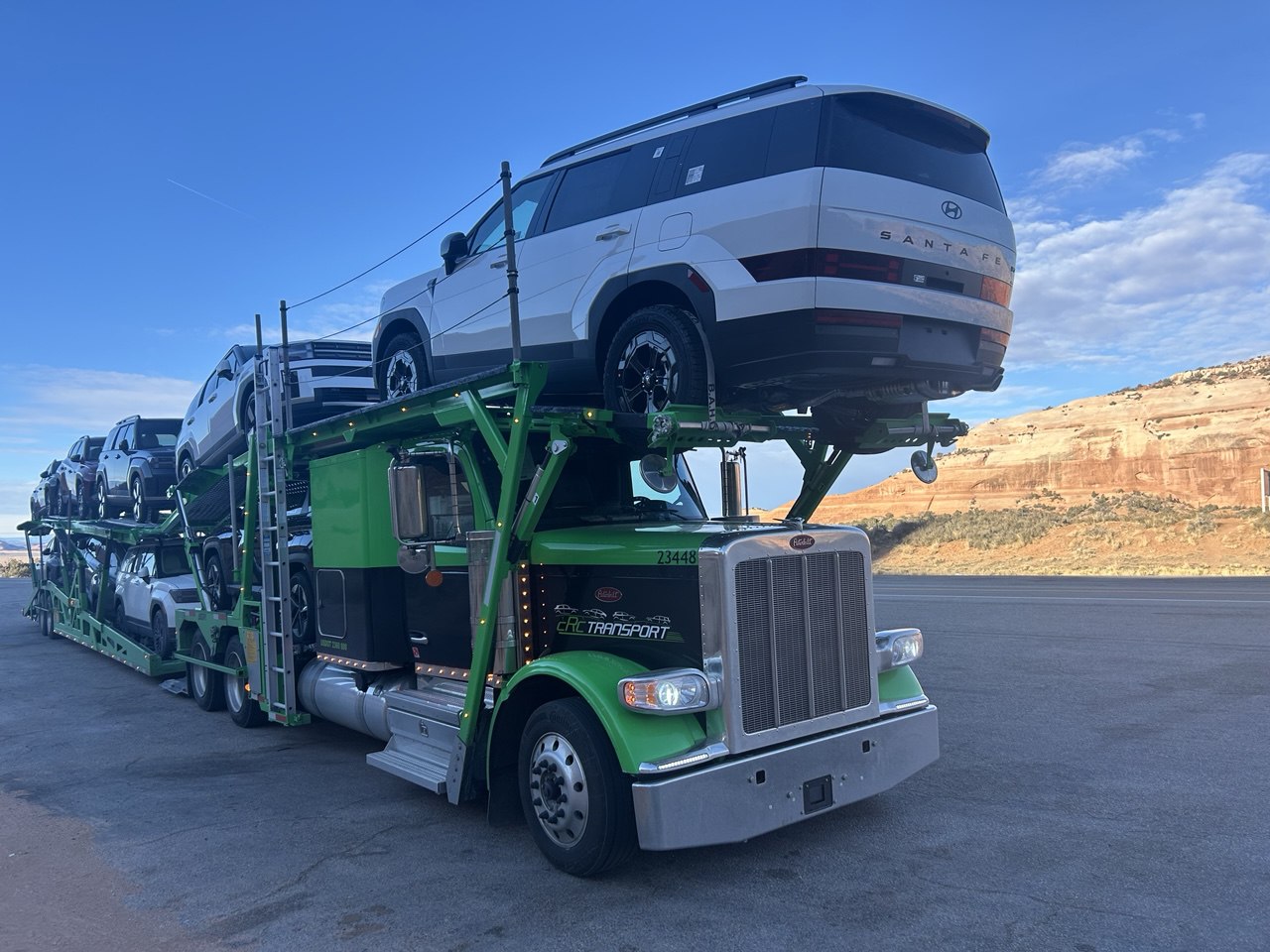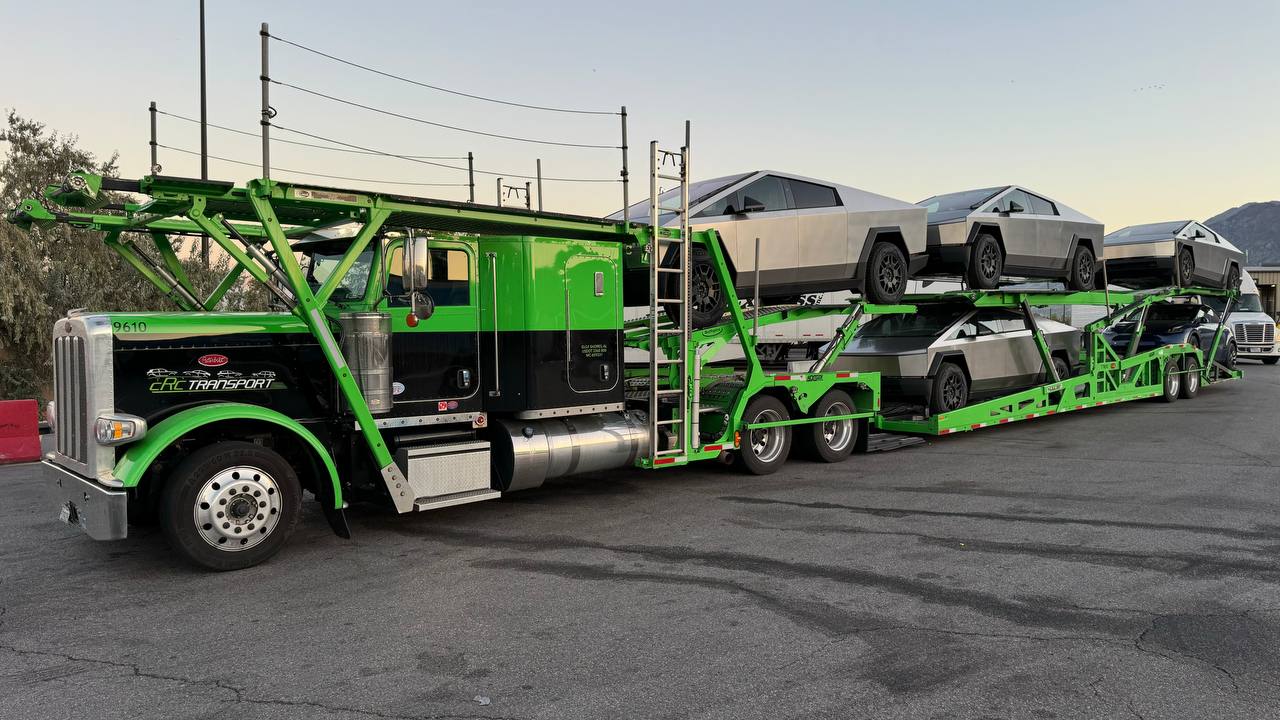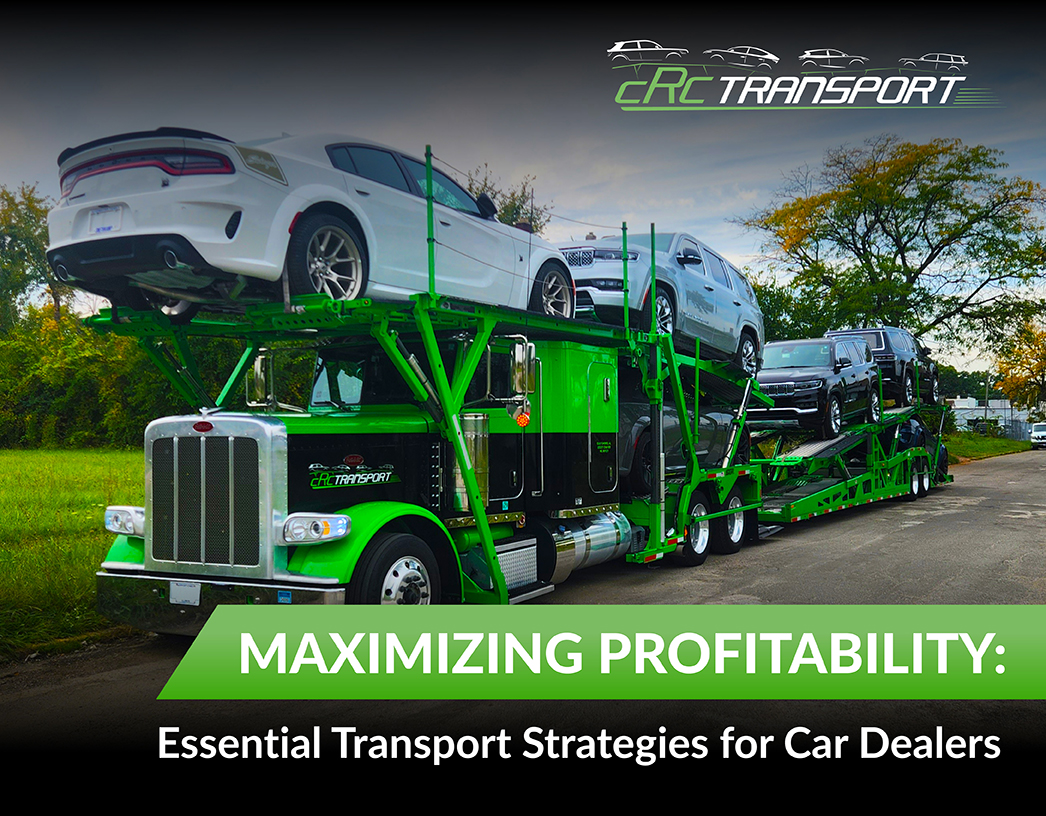The Future of B2B Car Transport: Automation, Sustainability, and Efficiency
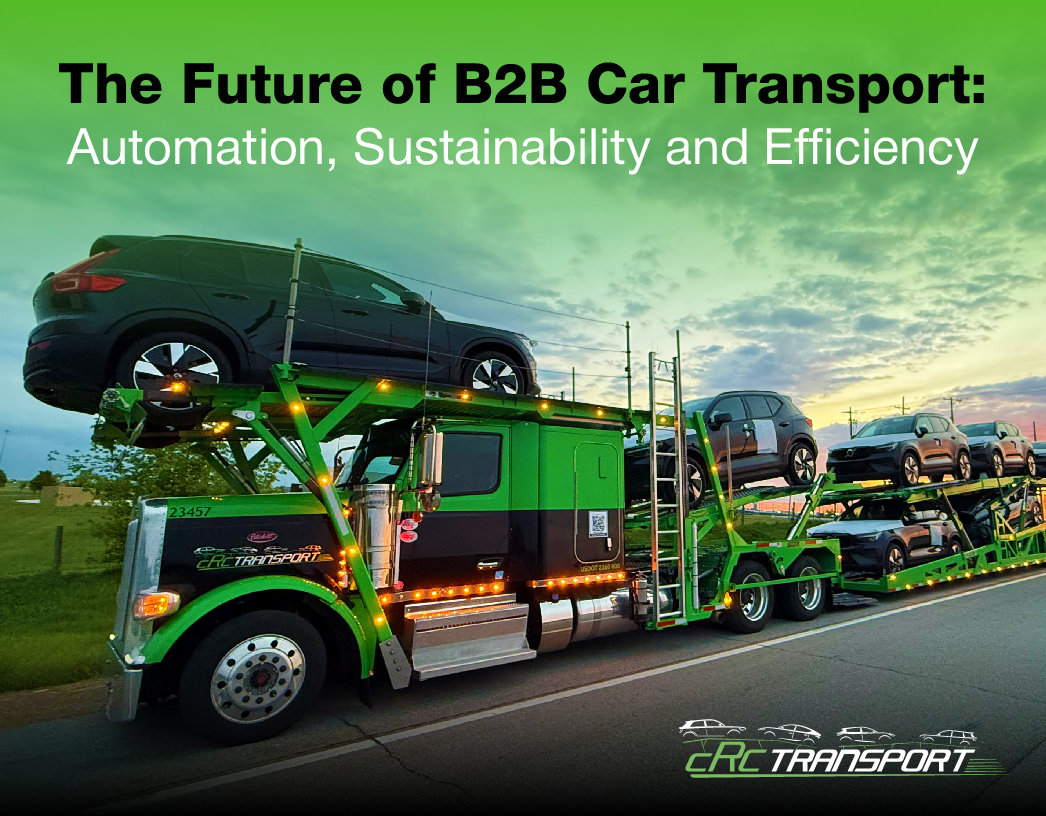
In the rapidly evolving landscape of automotive transport, businesses are under increasing pressure to adopt faster, greener, and more efficient logistics solutions. As the demand for vehicle delivery grows, B2B car transportation companies must reimagine their strategies to stay competitive. From cutting-edge automation technologies to sustainable delivery methods and optimized logistics, the future of car shipment is being reshaped by innovation.
Embracing Automation in Car Transport
One of the most transformative trends in car transportation service is automation. Automated dispatching systems, AI-driven route optimization, and digital vehicle tracking have become essential for managing large-scale fleet logistics.
Modern auto carriers now rely on advanced software that allows transport managers to schedule pick-ups and deliveries with precision, monitor vehicle locations in real time, and forecast potential delays. These technologies not only reduce human error but also maximize fleet utilization, helping car transportation companies improve service speed and reliability.
For B2B clients like car dealerships, fleet operators, and rental companies, this automation means fewer delays, improved transparency, and more predictable delivery schedules – critical elements in scaling operations effectively.
Sustainability as a Strategic Priority
Environmental concerns are now central to logistics planning. The future of shipping car cross country hinges on reducing emissions, cutting fuel consumption, and adopting eco-friendly practices.
Forward-thinking auto transporters are investing in electric or hybrid carrier trucks, optimizing routes to limit fuel use, and adopting carbon offset programs. These sustainability efforts are not just good for the planet – they’re also attractive to corporate clients aiming to meet their own environmental goals.
Choosing a car transporter with green practices can also serve as a strong selling point for businesses trying to align with increasingly eco-conscious consumers and stakeholders.
Efficiency Through Better Planning and Technology
Efficiency continues to be a major driver for businesses in need of car shipping near me or across long distances. Whether it’s planning a car shipment for a dealership chain or transporting vehicles between auctions and showrooms, B2B clients need flexible, scalable solutions.
Digital platforms allow businesses to compare quotes, schedule pick-ups, track shipments, and manage documentation all in one place. This digitization reduces time spent on administrative tasks and accelerates the entire transport process.
Real-time analytics help companies monitor key performance metrics – such as delivery timeframes, fuel efficiency, and idle time – allowing them to make data-driven decisions and continuously optimize their logistics operations.
The Rise of Cross-Country Transport Demand
The increase in demand to ship car across country is pushing companies to rethink long-distance logistics. Many businesses are expanding their operations nationwide and require reliable automotive transport solutions that are both cost-effective and efficient.
To meet this need, carriers are forming regional partnerships and creating interconnected hubs that reduce transit times and provide better service coverage. These innovations help ensure consistent delivery standards whether the destination is across the state or across the country.
What the Future Holds for B2B Car Shipping
As logistics becomes increasingly tech-driven and eco-focused, businesses must partner with car transportation companies that are prepared for the future. Those embracing automation, sustainability, and data-driven efficiency will be best positioned to serve B2B clients at scale.
The future of auto transport isn’t just about moving cars – it’s about delivering smarter, greener, and faster solutions for the automotive industry. By aligning with transport providers that offer these advanced capabilities, businesses can reduce operational bottlenecks, enhance customer satisfaction, and improve profitability.
Reliable Experts in Automotive Transportation


